The European Commission recently launched an anti-monopoly investigation against Samsung, SK Hynix and Micron. According to informed sources, the reason is that Samsung, Hynix and Micron are suspected of monopolistic behavior.
In the third quarter of 2016, global DRAM and NAND Flash products began to increase in price and maintained a price surge for two years. Although the production capacity has been able to meet market demand, the product is still continuing to increase in price. In the three years from 2016 to 2018, global memory chip products reached sales of US$76.8 billion, US$124 billion, and US$158 billion, respectively, and the market size doubled due to price increases.
Since most of the memory chips are sold to China, the total amount of imported memory chips in China increased by 40% year-on-year in 2018, reaching $123.067 billion, accounting for 78% of the global market. In addition, due to the impact of memory chip price increases, the prices of consumer electronics such as mobile phones, SSDs, computers, and memory sticks in the global market have also begun to rise rapidly. At the beginning of 2018, due to the surge in cost pressure, Chinese mobile phone manufacturers collectively reported Samsung, Hynix and Micron were suspected of monopolizing price agreements. At the end of May 2018, Chinese authorities investigated the alleged monopolistic conduct of Samsung, Hynix and Micron.
In fact, restricting competition through price agreements is a common monopolistic behavior. In the period of 1999-2002, Samsung, Hynix, Infineon, Elpida, and Micron had reached a price agreement to control the global DRAM market price. At that time, the cost of computer companies such as Dell, HP, Apple, IBM and so on increased significantly due to price increases. In 2002, the US Department of Justice began to prosecute these five DRAM companies, and eventually made a total of 729 million US dollars in illegal penalties and monopoly income fines.
At the same time as the US Department of Justice sued, the European Commission simultaneously launched anti-monopoly investigations on ten DRAM companies, including Samsung, Hynix, and Micron. After the investigation was launched, Micron, Infineon, Hynix, and Samsung successively recognized the monopolistic behavior and applied for leniency. In the end, the European Commission imposed a total fine of 331 million euros in 2010, of which Samsung was fined 146 million euros.
According to the results of the last DRAM anti-monopoly penalties, the US fine for DRAM price monopoly was 20% of the sales revenue during the monopolistic period. The EU fine is 16% of DRAM sales revenue. In addition to the single DARM products sold directly in Europe, the sales revenue includes DRAM products equipped in servers, PCs and other products sold in Europe.
Back in the current case, after experiencing a price increase period of more than two years, NAND Flash and DRAM entered the downtrend channel in 2019, and the market price began to fall sharply due to oversupply. But in the past two years of price increases, the three giants of memory chips have completed the accumulation of profits and cash. If the EU follows the previous anti-monopoly penalties, Samsung, Hynix and Micron may face huge fines again.

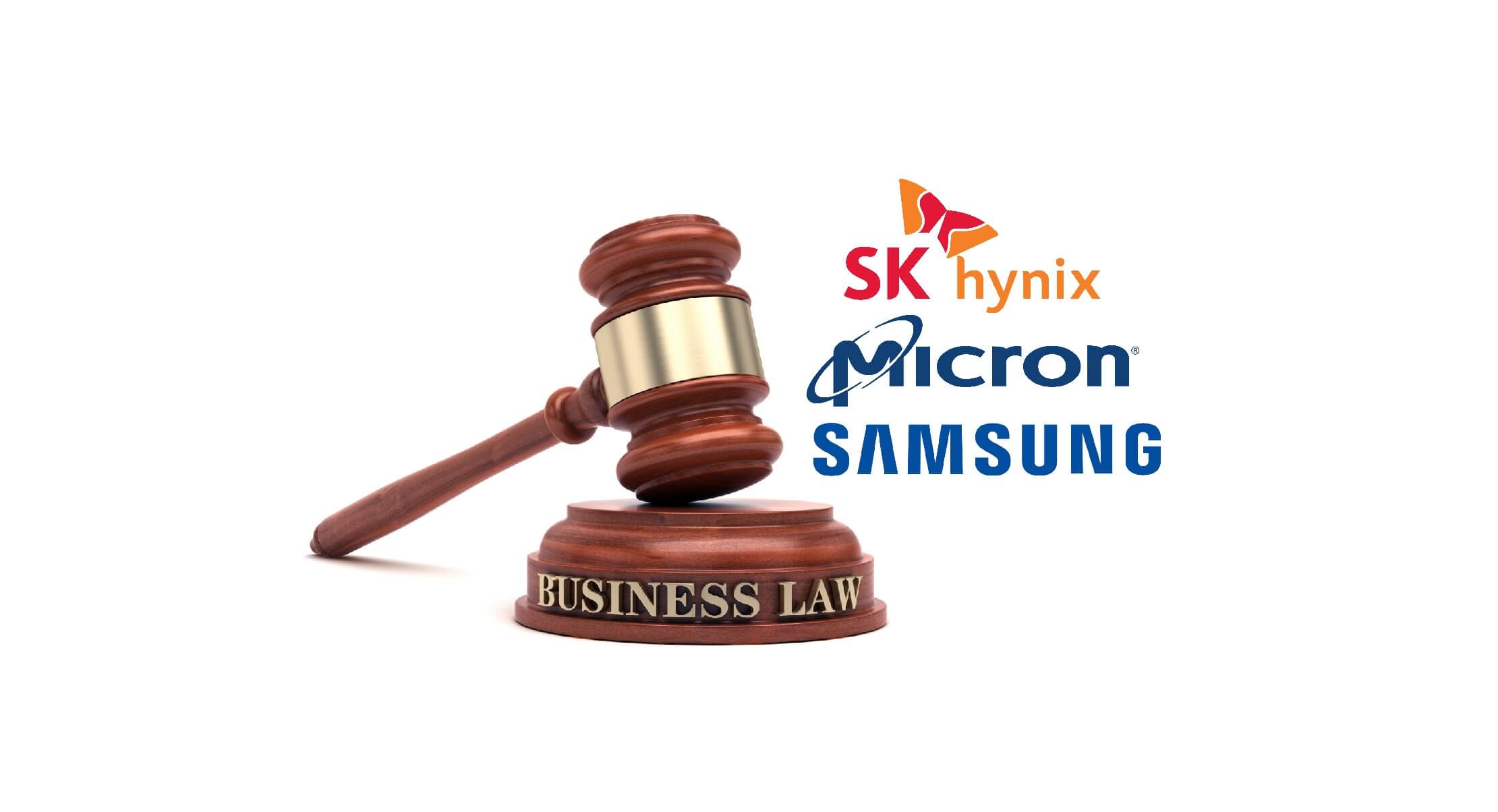






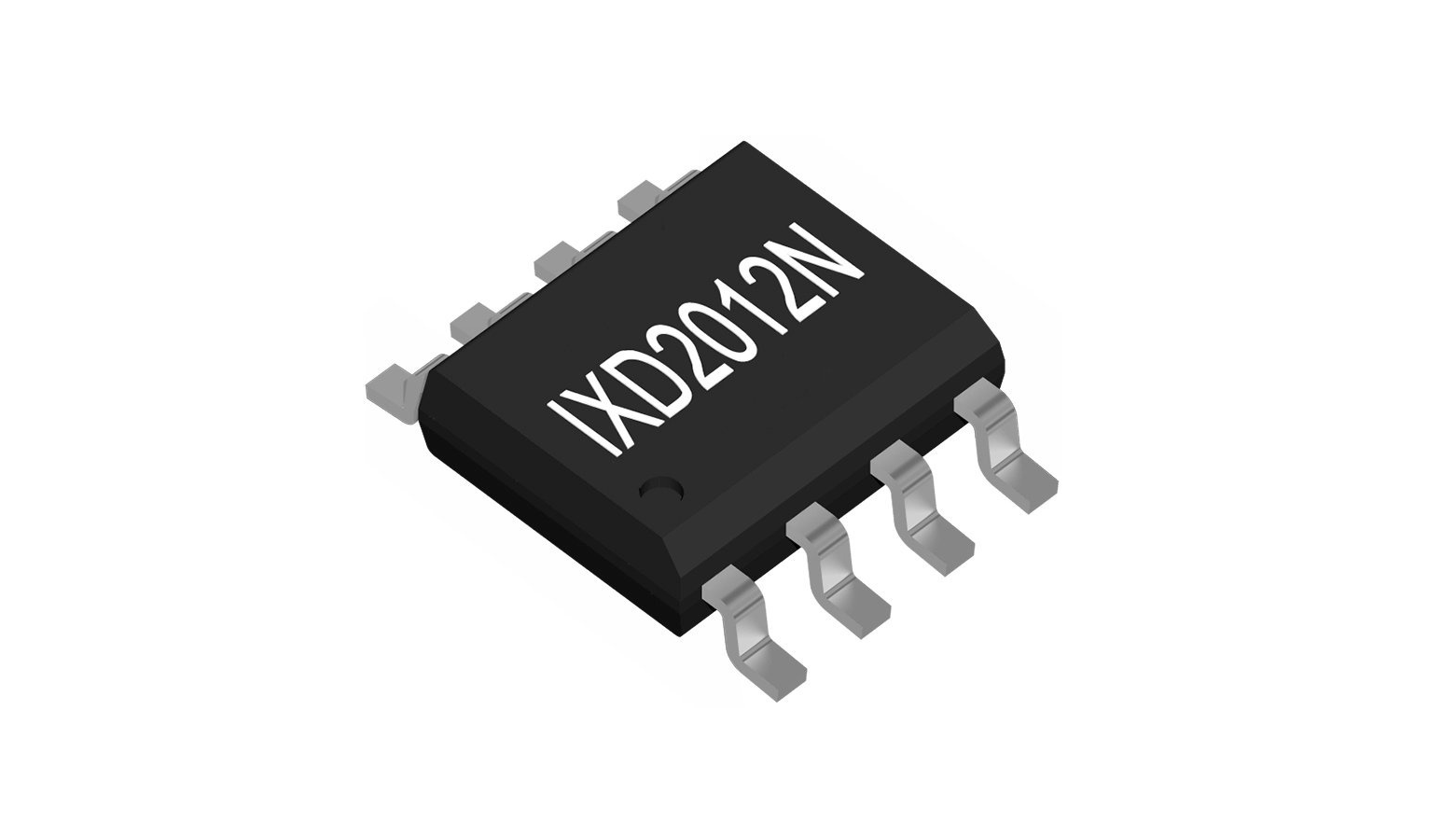
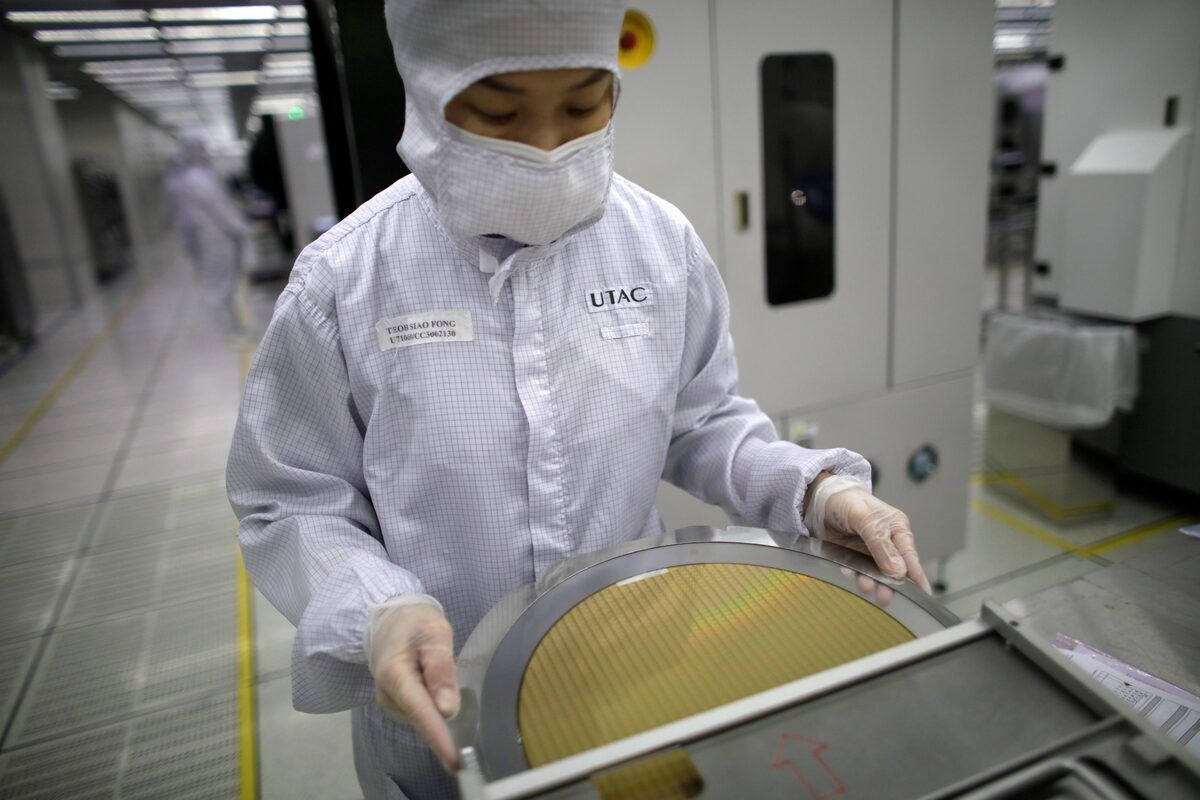
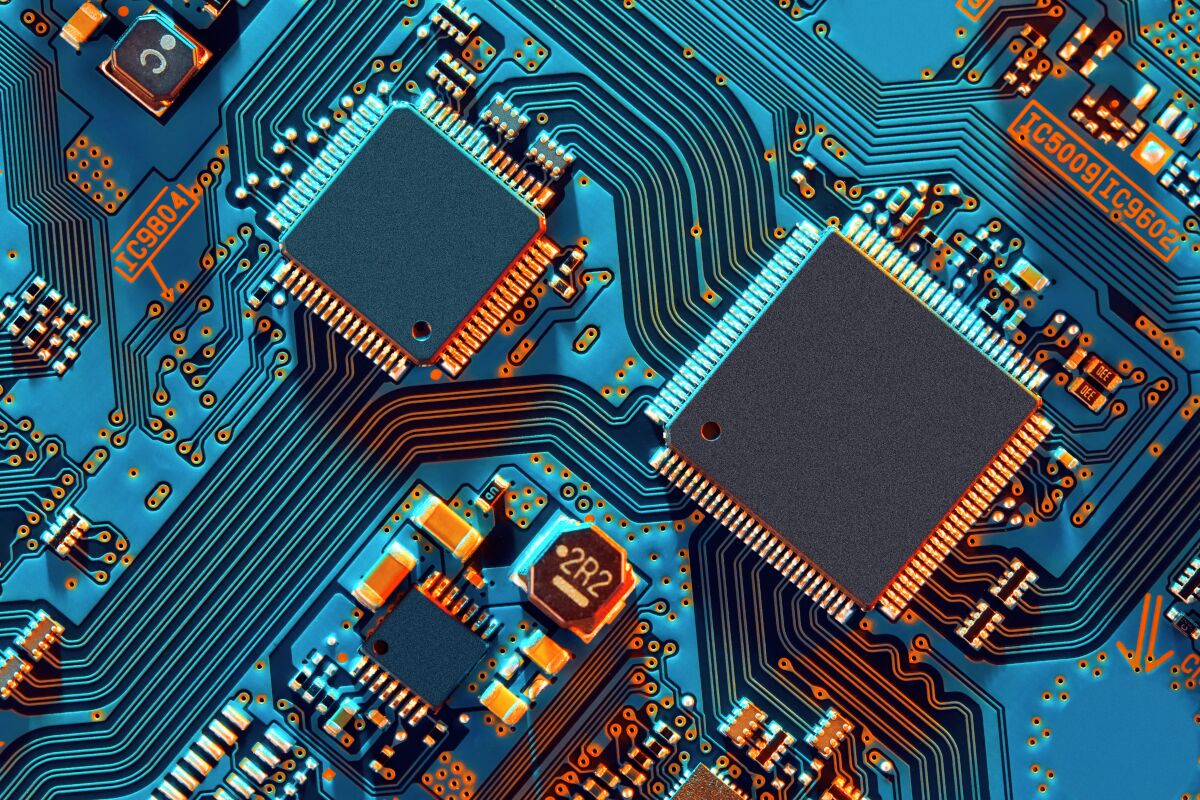
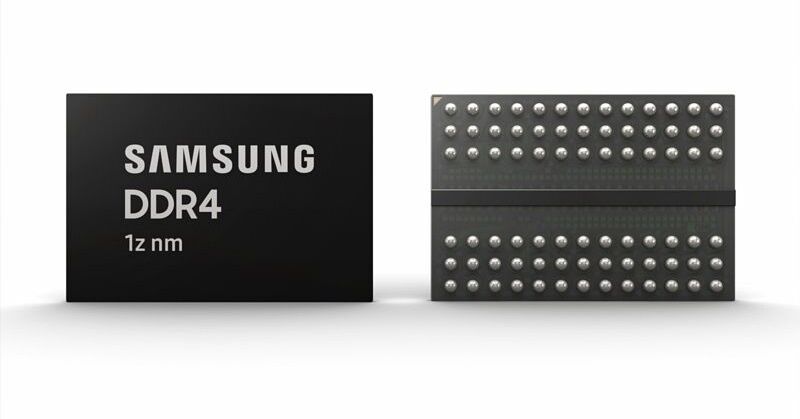
All Comments (0)